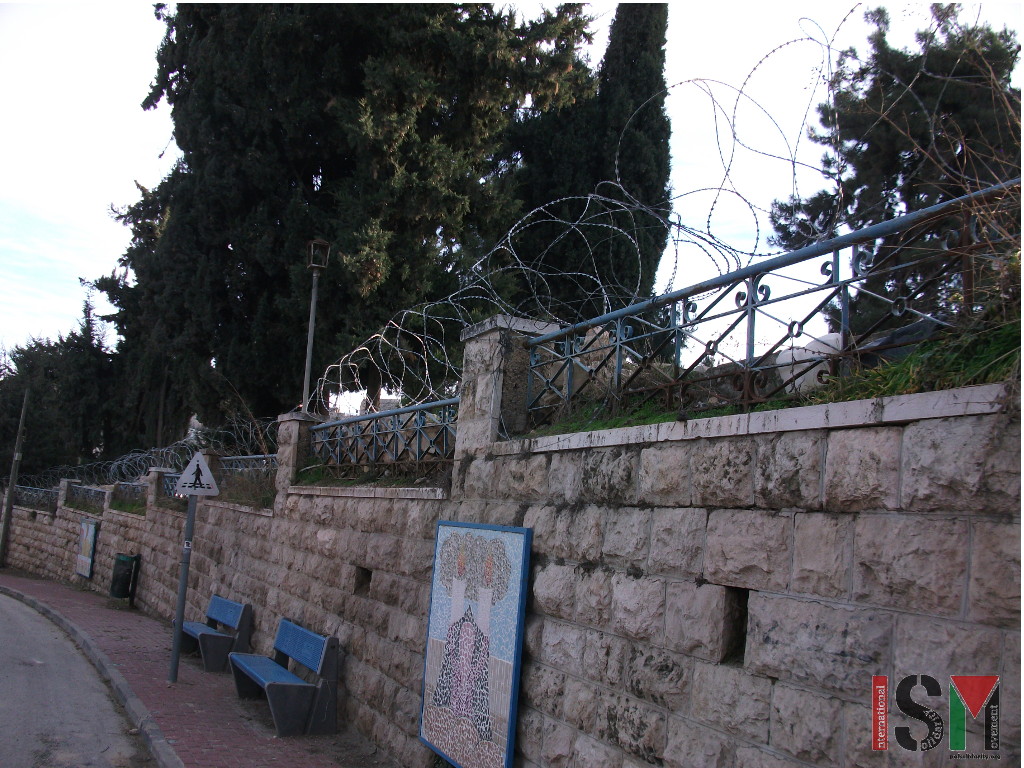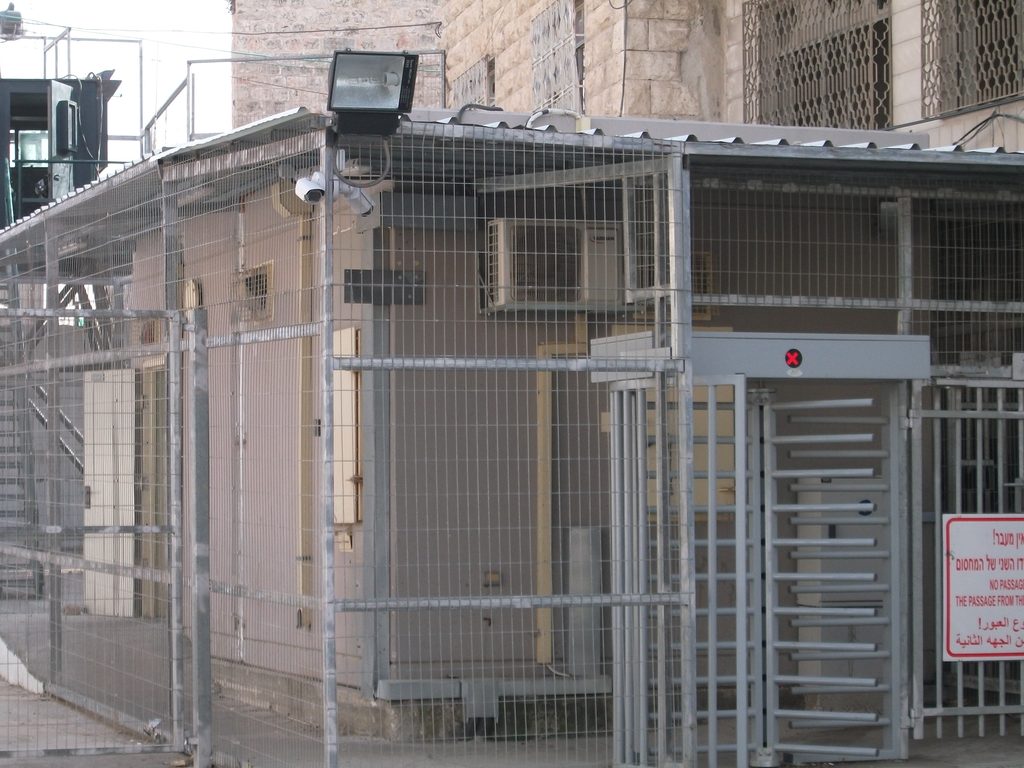Tag: Israeli Army
-
Israeli forces sit on graves: ‘securing’ Islamic cemetery with barbed wire
16th January 2017 | International Solidarity Movement, al-Khalil team | Hebron, occupied Palestine Israeli forces on Sunday, 15th January 2017, have put up new barbed wire at the edge of an Islamic cemetery in occupied al-Khalil (Hebron), showing no respect for the graves. The Islamic cemetery is located alongside Shuhada Street in the heart of…
-
Newborn baby – a security-threat?
14th January 2017 | International Solidarity Movement, al-Khalil team | Hebron, occupied Palestine Imagine coming to a checkpoint, manned by a relentless occupying army, on your way home from hospital, holding your new baby who is less than a month old. At the checkpoint, the occupying army refuses to let you pass – insisting that you…
-
Staring down the barrel of a gun
14th January 2017 | International Solidarity Movement, al-Khalil team | Hebron, occupied Palestine According to the theory of realism within the field of international relations, conflict and war is the outcome of an actual threat (a material/military threat). That is, war breaks out when one country is threatening the security of some other country by…



